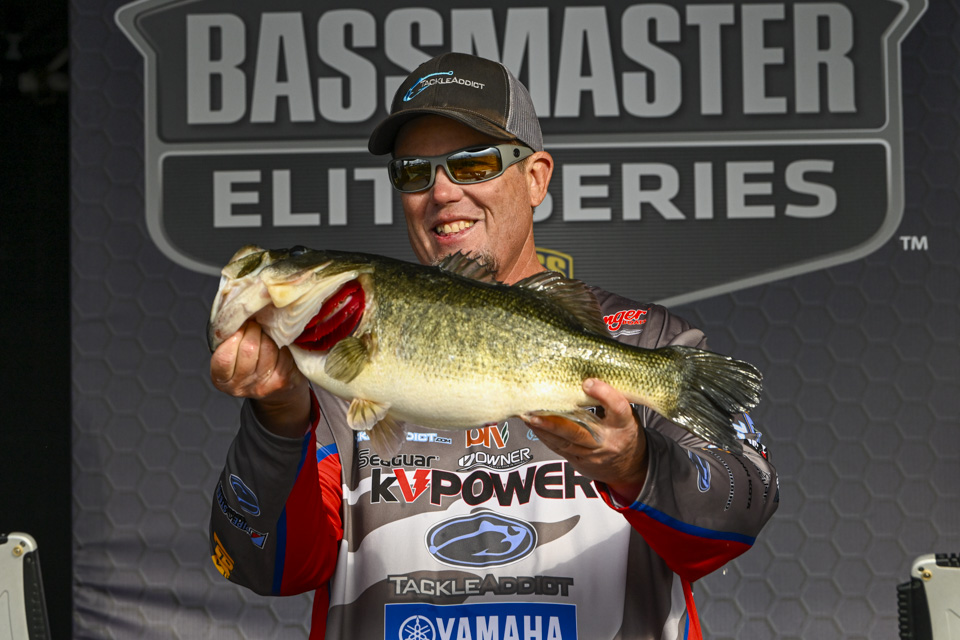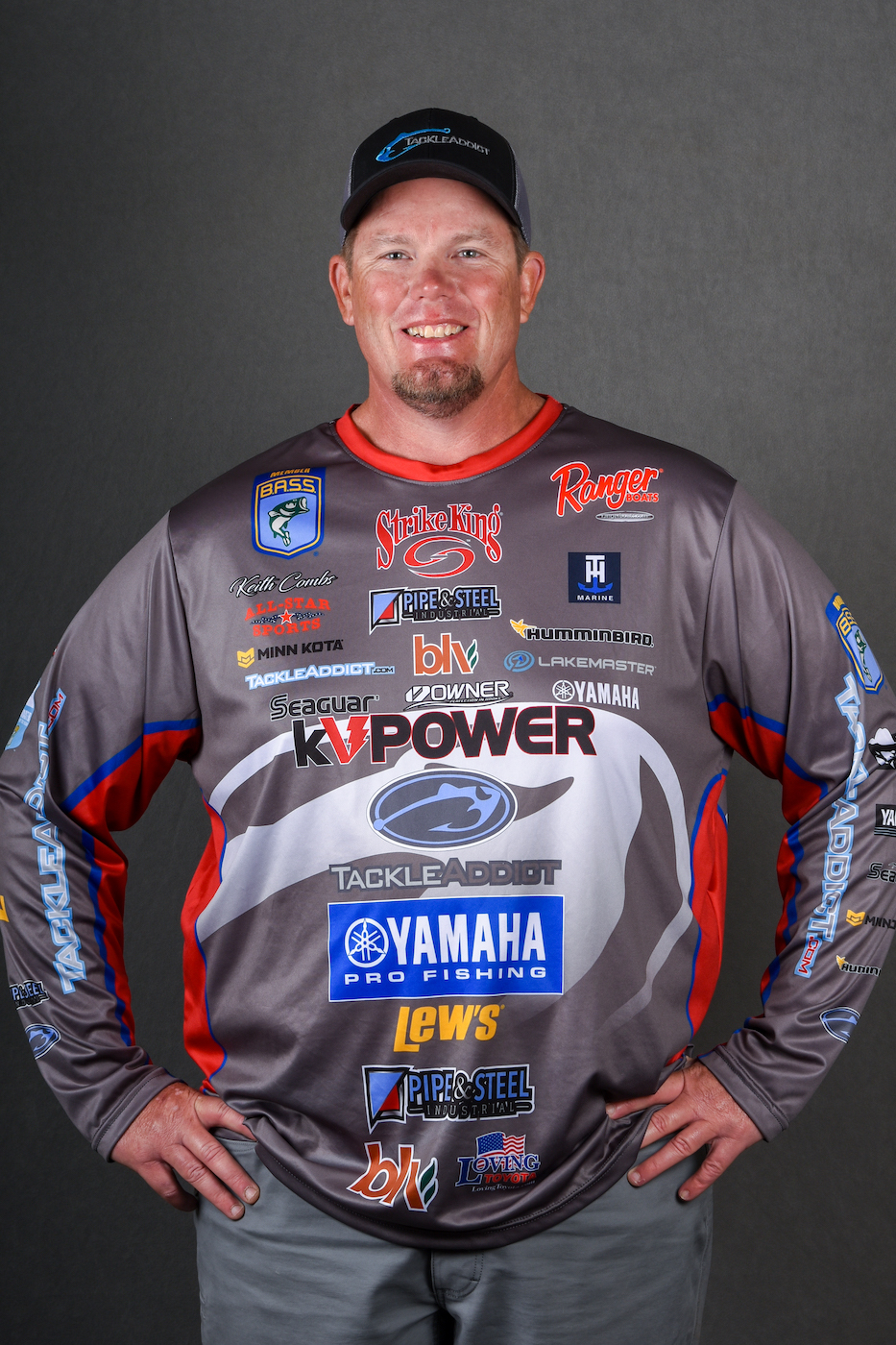
Florida was rough on me this year. The St. Johns River was especially frustrating because I was around the fish to do well and didn’t adjust. It was particularly aggravating because I ignored lessons I’ve learned repeatedly over the years.
Everything people say about Florida-strain fish is true — they’re the most fickle bass in the world. When it’s awesome, it’s awesome, but things can change in a heartbeat. Sometimes the change is so small you’re shocked that you missed it, and that’s what happened to me.
I was flipping a black and blue Strike King Rage Bug on some main river pads in less than 2 feet of water. The last day of practice I set the hook twice and caught a 3-pounder and a 6-pounder, and shook off 30 more fish. I was sure it was going to work. I was all-in on flipping and didn’t really try anything else once I committed.
Once the tournament started, I had no trouble getting bites, but they were all small. I kept fishing and fishing and fishing and kept on thinking I’d get a big bite or two. They never came. It turns out the fish hadn’t left — they just changed where in the water column they were feeding.
I’ve seen that happen again and again in Florida. One day they’ll come up and bust a lure on the surface. The next day they want it right under the surface — maybe something like a Hack Attack swim jig. It’s only a few inches of difference, but it makes all of the difference in the world. And then the day after that they want a lure dropping to the bottom, or back on the surface. There never seems to be any rhyme or reason to when or why they change.
I knew that all along and yet I was so dialed in I didn’t open my mind to the possibility they’d changed.
It’s not just Florida. The same thing could happen elsewhere in 5 or 20 or 40 feet of water, but the fact that it’s so distinctive in ankle-deep water shows how much it matters. You know the fish are aware of your lure and able to eat it, yet they don’t.
After the tournament, I talked to some of my fellow competitors who were in those same areas and did well, as well as a few who went down south where I usually fish. They were getting far fewer bites, as few as five or six, but they were catching 20-pound bags. That’s a trade I’ll make every day, and weeks later I’m convinced it was my stubbornness that did me in.
Part of becoming a better tournament angler is learning a series of lessons the hard way. That’s part of the game, and while it’s painful, we accept it. But when you’ve learned a lesson before and you suffer the same fate again, that’s a particularly awful feeling.
I need to promise myself not to go through that one again.





